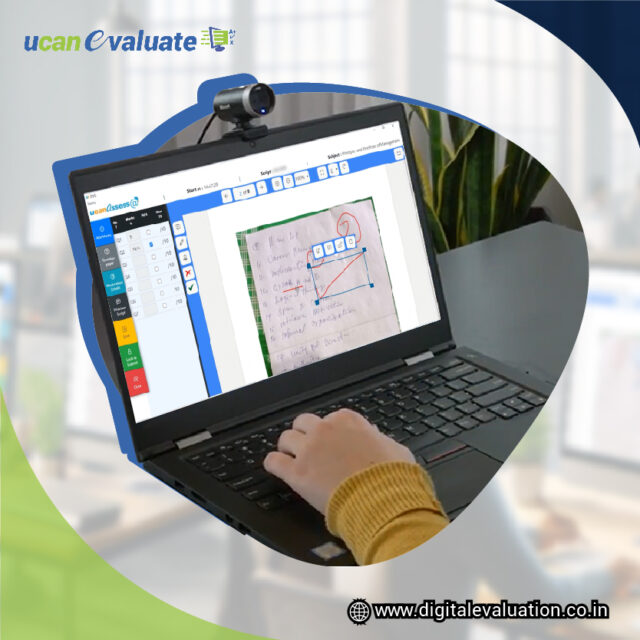In the rapidly evolving landscape of education, emerging economies are increasingly turning to digital evaluation technologies as a critical means to scale academic assessments. These technologies are not only addressing long-standing challenges in educational infrastructure but also offering innovative solutions for creating more efficient, equitable, and scalable assessment systems. With the adoption of digital tools like on-screen evaluation, automated marking, and AI-powered analysis, emerging economies can transform their education systems to meet the growing demands of modern learning environments.
The Need for Digital Transformation in Emerging Economies 
Emerging economies often face substantial barriers when it comes to administering large-scale assessments. Traditional methods of manual grading are labor-intensive, prone to human error, and difficult to scale across regions with varying resources. With rising student populations, limited access to quality educational resources, and disparities in examiner training, these challenges can lead to inefficiencies, delayed results, and compromised academic integrity. Digital evaluation technologies provide a promising solution to these issues, offering a way to streamline the entire assessment process—from answer sheet scanning to real-time feedback delivery.
Advantages of Digital Evaluation Technologies
The benefits of implementing digital evaluation systems in emerging economies are profound. First and foremost, they dramatically reduce the time required to evaluate vast numbers of exams, allowing educators to provide timely feedback that enhances learning outcomes. On-screen marking systems ensure accuracy by reducing human bias and errors associated with manual grading, while AI-powered algorithms can assist in objectively evaluating complex answers, making them especially useful for subjective assessments.
Furthermore, digital solutions enable easy access to assessments and results, providing greater transparency and reducing the risk of malpractice. This is crucial in regions where trust in educational systems can be a barrier to academic progress. Additionally, scalable digital evaluation technologies help bridge the gap between urban and rural educational settings, allowing educational institutions to manage assessments efficiently across geographically dispersed regions.
The Future of Digital Evaluation in Emerging Economies
The potential for digital evaluation technologies to reshape educational assessments in emerging economies is immense. As these technologies continue to evolve, integrating machine learning, big data analytics, and blockchain for security and transparency, the impact will be transformative. For governments and educational institutions, the adoption of these tools is an investment not just in technology, but in a more equitable and effective education system that prepares students for the challenges of the future.
Ultimately, digital evaluation technologies present a clear pathway for emerging economies to scale academic assessments, reduce operational costs, and foster greater learning outcomes. By leveraging these advancements, countries can create a more efficient, transparent, and inclusive education system that meets the demands of the 21st century.

